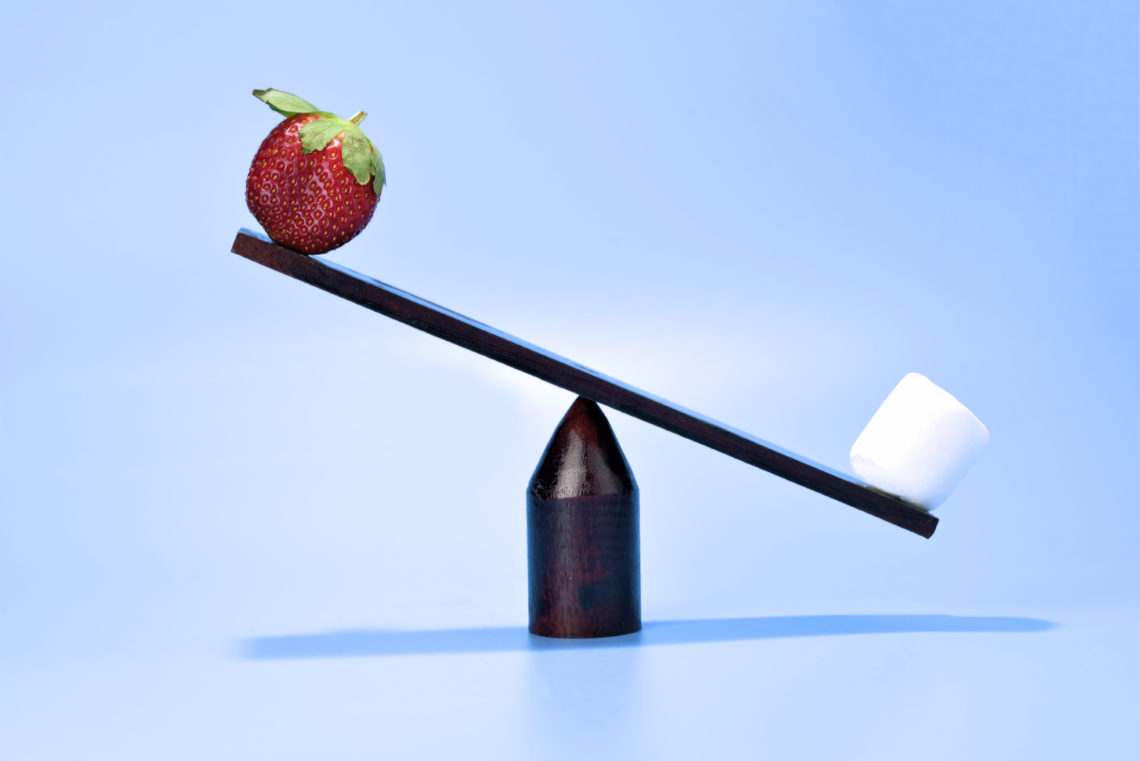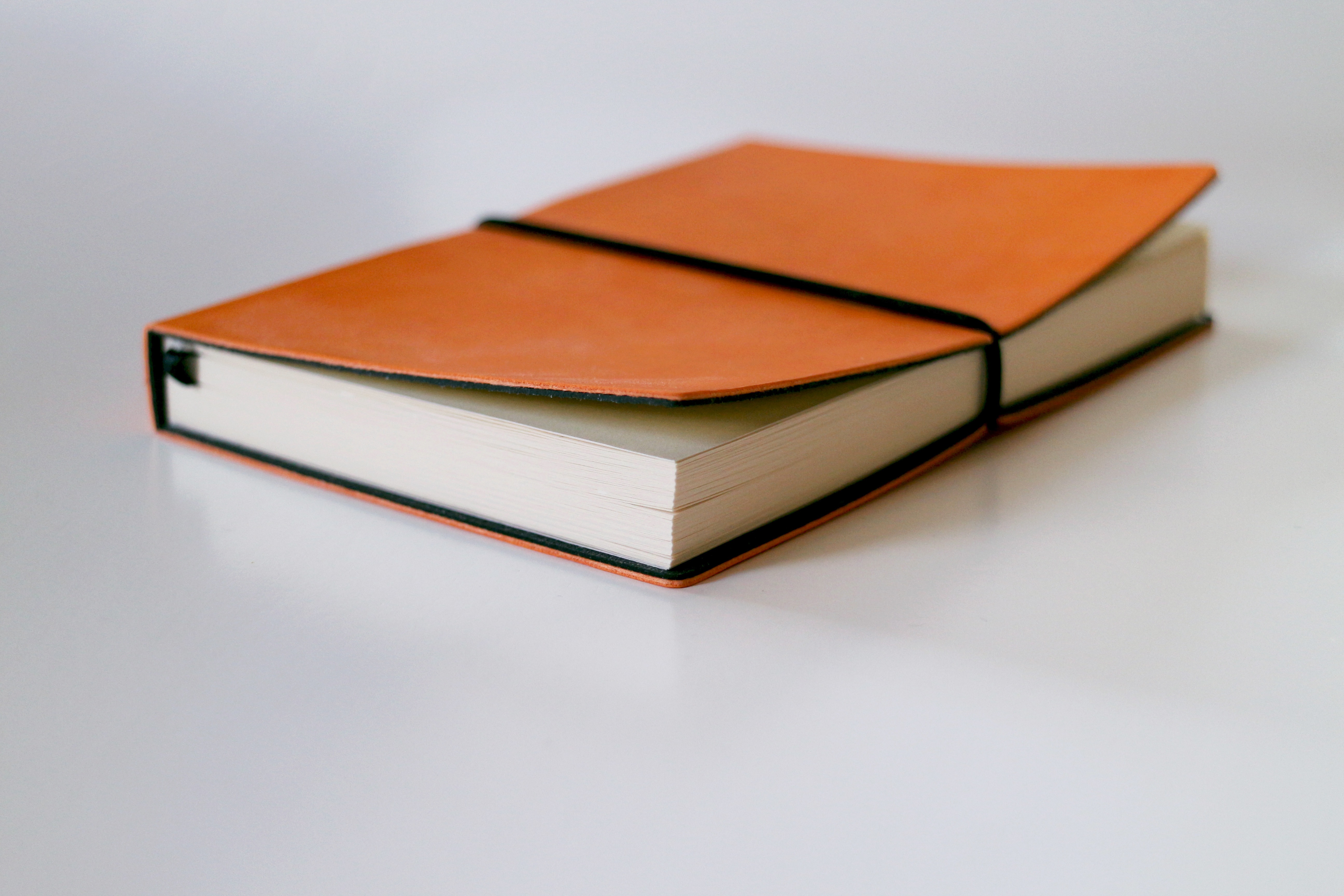What is the standard of sufficient disclosure for AI-related patents: A case study in China The rapid growth of AI patent applications present significant challenges to existing patent application and examination practices. One of them is satisfying the requirement for sufficient disclosure. The following case was featured in the 2023 CNIPA Compilation of Key Decisions on Patent Reexamination and Invalidation Cases (“2023 Compilation”) as an example to elucidate the current standards for sufficient disclosure in examining AI patent applications in China. Rejection of Alipay’s AI + Brainwave Patent The applicant Alipay1 had a Chinese Patent2 on an invention relating to a method and system that trains and utilizes AI models…
-
- China, Court Cases, Courts, Drafting, Inventions, Patent Law, Patent Re-examination Board, Quality, Supreme People's Court
Chinese Courts Cares More About Patent Quality Now (A Doctrine of Equivalents Story)
There is no doubt that the drafting quality of a patent can be crucial in determining the success (or failure!) of the patent during litigation. However, due to various reasons, patents often fail to use the right drafting strategies that best protect the invention. Too often, inexperienced or unsophisticated patent drafters merely listen to an inventor and literally describe the features of an invention. Worst yet, some inventors try to draft their own application, making the similar mistake of describing an invention too specifically and narrowly, leaving plenty of “design-around” space. Even though a patent may grant, the protection scope for that invention is weak, at best, and may even…




